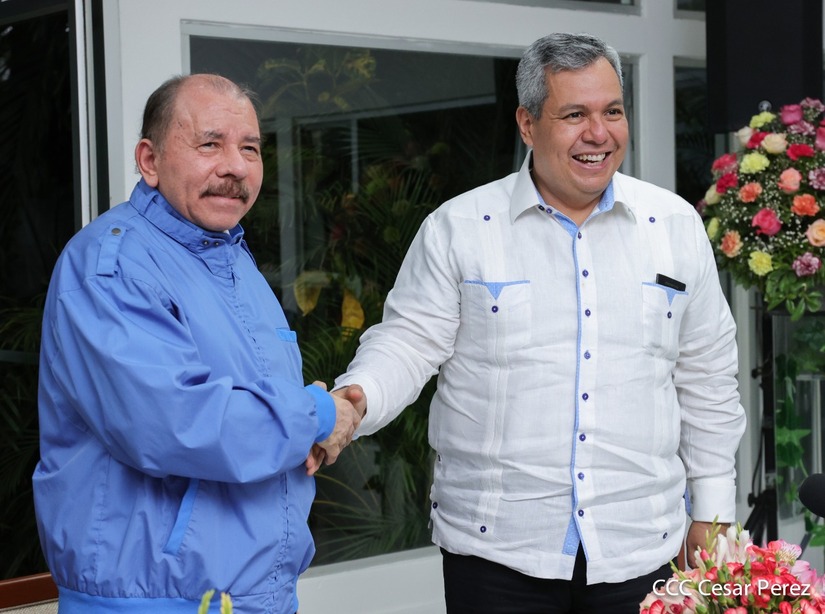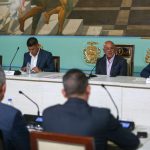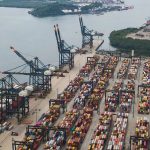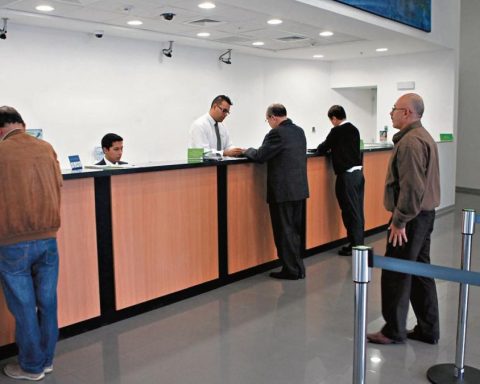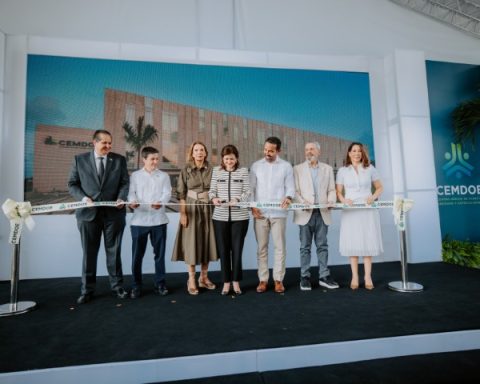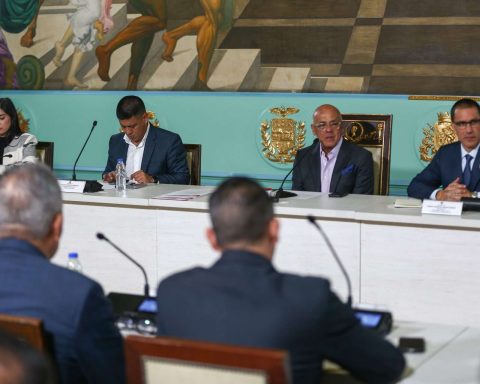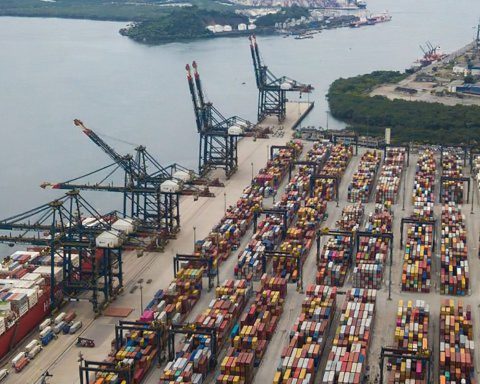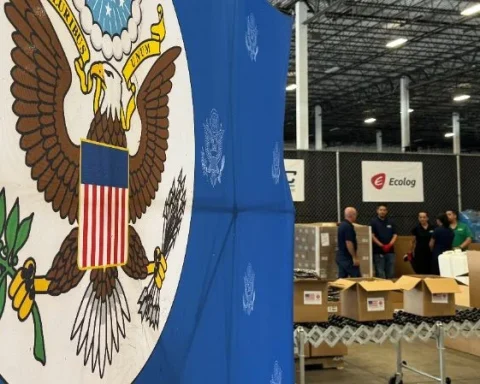The executive president of the Central American Bank for Economic Integration (CABEI), Dante Mossisaid that the donation of rapid tests to Nicaragua, made by the financial institution, to detect COVID-19 did not oblige the Daniel Ortega administration to provide this service for free, that is, that the government could charge for the tests if they so wished.
“The donation (of the tests) did not force a country to do it for free, if there was an administrative charge, the countries were free to do so, they were not restricted,” the Honduran economist assured the journalist Marcos Medina, from Channel 12 television.
Dante Mossi explained that the CABEI donated 182 thousand rapid tests to the region to detect the virus, of which 26,000 were sent to Nicaragua.
Related news: Dante Mossi questions sanctions against the Ortega regime: “They are judged without due process”
In addition, he pointed out that Daniel Ortega’s regime “committed to presenting a report on the use of that evidence and I have to verify if the report is already available and is public. If it is public, because it should be public at this point, I invite you to meet him.
Regarding the vaccines against COVID, the CABEI delegate explained that “it is indeed a process where it was financed retroactively, because obviously the countries were running around looking for a vaccine where they could and that were eligible, because in the end it is a health expense where the bank authorized it with a specialized authorship».
“Obviously the loans to finance purchases of vaccines did not have an obligation for the State of how much to charge for it, because on the subject of vaccines, it is something that I learned, I have to confess, I did not know that detail, it is a very particular business where the Pharmaceutical houses and speaking of all, they usually ask the States for a confidentiality clause on the price of vaccines, “he said.
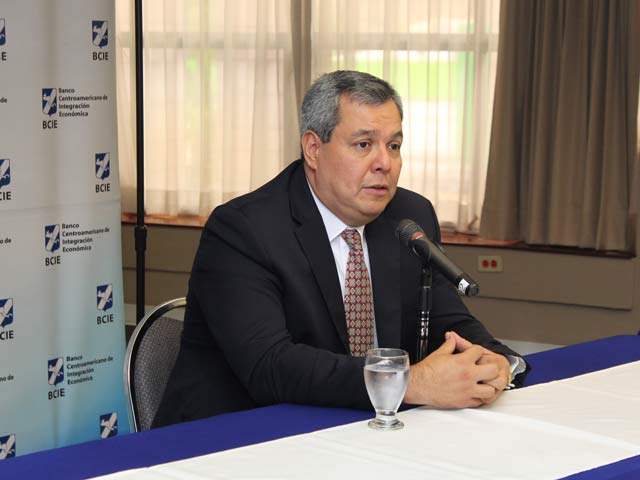
“What I can say is that the cost of vaccines in the Central American region was quite diverse because there was a criterion of opportunity, when each country received vaccines, how much was donated, being a country that was eligible or not, then a series of technical complications. But this vaccine loan to Nicaragua that is still open is subject to audit and once again I invite you to make requests for information and we will gladly share it with you », he remarked.
CABEI facilitator between the private sector and the government?
Faced with the journalist’s questions about the role of “facilitator” that the financial entity has played, Dante Mossi argued that if “facilitation” is sitting at the table with the Nicaraguan private sector and the Ortega-Murillo administration to listen to their challenges and limitations So, “we are happy to do it, but we don’t just do it in Nicaragua, we do it in all the countries of Central America.”
“CABEI serves member countries, and when I say member countries, it means that in Nicaragua we serve both the government and the private sector. (…) Our role, as our statutes say, we owe to the member countries and the member countries are governments and the private sector, we are not facilitating, we are doing what is mandated by our statutes », he stressed.
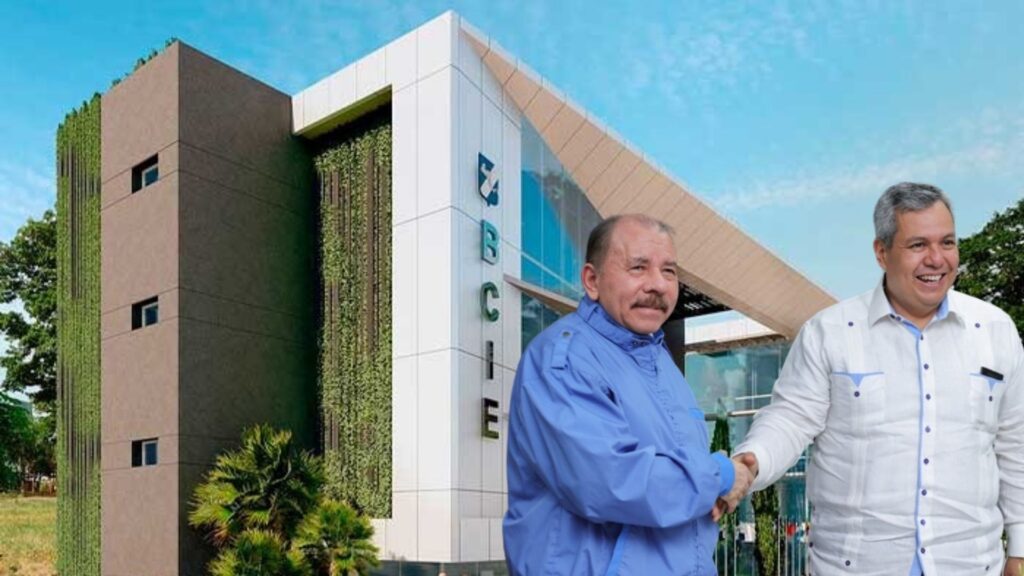
He also explained that CABEI staff met at its offices in Managua with the Daniel Ortega regime and the country’s private sector “to listen to their feelings, because many times the problems are not practically one of resources, they are sometimes of coordination, to understand what is being done in the government».
For this reason, “we have held forums with the private sectors, casually to hear their feelings about what restricts them the most when it comes to investing in their own country,” he pointed out.
